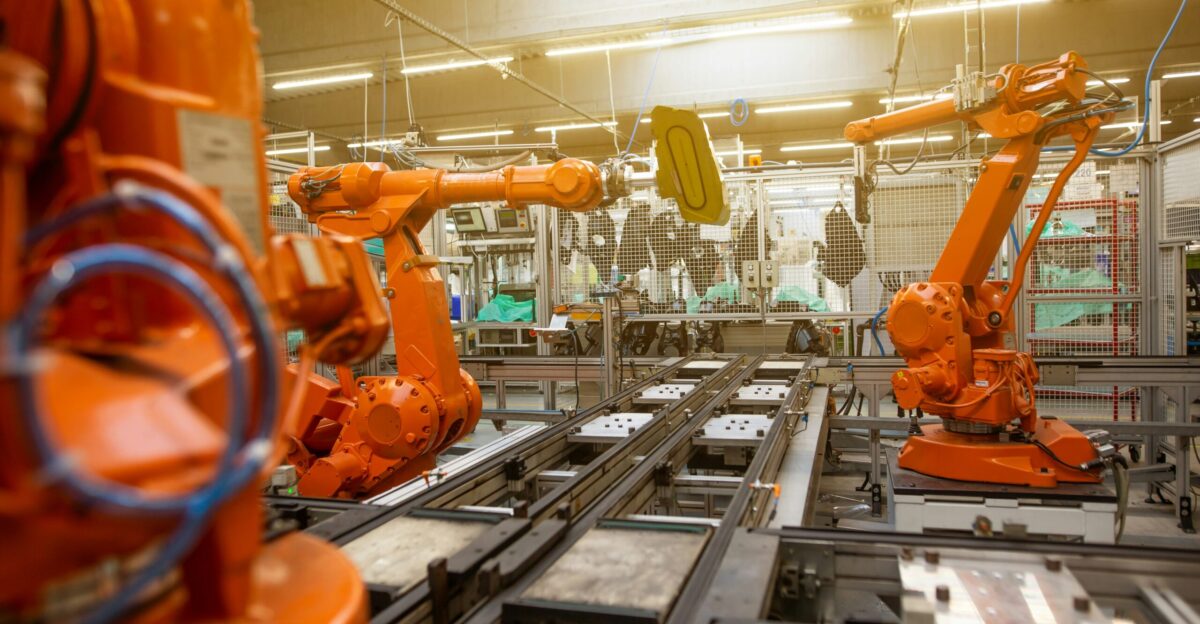
The global job market in 2025 is undergoing an extraordinary shift, leaving many job seekers struggling to find opportunities. While economic recovery efforts continue in many regions, the landscape has been reshaped by automation, remote work, and new skills demand. A closer look reveals systemic changes in industries and workforce expectations, putting pressure on workers and employers alike. As we explore the key factors behind this employment crisis, it becomes evident that the future of work is far from business as usual.
Automation Drives Job Displacement

Technology has revolutionized industries, driving efficiency and innovation, but it’s also displacing jobs at an unprecedented rate. Reports from the World Economic Forum and other labor analysts note rising automation across manufacturing, logistics, and customer service, as companies adopt AI and robotics to cut costs.. While automation generates new roles, many workers lack the skills to transition, deepening the divide between those equipped to adapt and those left behind. Bridging this gap is crucial to ensuring an inclusive, tech-driven future.
Remote Work’s Uneven Impact

The remote work revolution, fast-tracked by the pandemic, continues to reshape the job market but brings challenges. While offering flexibility, it has spurred layoffs in industries struggling to adapt. Global competition for remote roles has intensified, creating a more competitive landscape. U.S. labor data shows sectors like retail and hospitality — which rely heavily on in-person roles — still lag behind their pre-pandemic employment levels. Remote work’s flexibility underscores labor market inequalities, benefiting some while leaving others behind in this evolving employment paradigm.
The Skill Gap Crisis

Jobs today require technological literacy and specialized skills that were unheard of a decade ago. Workers who don’t up-skill or re-skill risk being left behind in emerging fields. The World Economic Forum’s Future of Jobs Report 2025 highlights the growing demand for digital and analytical skills in future roles. Analysts and workforce studies point to growing demand for digital and analytical skills, with reports from the World Economic Forum and others warning that workers must upskill to meet future job needs. While educational institutions and companies are striving to adapt to this rapid shift, a significant skills gap remains, leaving many unprepared for the evolving job market. Addressing this gap is critical for inclusive growth
Decline in Entry-Level Opportunities

For younger generations and entry-level workers, job hunting in 2025 presents significant challenges. Companies prioritizing cost efficiency increasingly invest in experienced or highly skilled professionals, leaving entry-level candidates overlooked. This trend has contributed to rising youth unemployment globally. The traditional career path, starting with entry-level roles, now feels out of reach for many without prior experience or specialized training. Global labor data shows youth unemployment has risen in several regions, underscoring the urgent need for policies supporting early-career opportunities and skill development.
The Gig Economy Isn’t the Solution

While the gig economy continues to grow, jobs in this sector often remain unstable, lacking essential benefits like healthcare or retirement plans. Platforms such as ride-sharing and food delivery create opportunities but fail to match the stability of traditional employment. These roles may provide short-term relief but are marked by high competition, low earnings, and limited upward mobility. Labor analysts caution that the gig economy, while growing, is “not a safety net,” offering unstable income and minimal benefits compared to traditional employment. This highlights deeper employment challenges persisting in 2025.
Global Competition for Jobs

The 2025 job market is increasingly global, with technology enabling employers to source talent across borders. This shift benefits companies and highly skilled workers but intensifies competition for others. As the Bureau of Labor Statistics notes, this dynamic creates “winners” in high-demand fields while leaving many struggling to secure steady employment.
Economists note that in a globalized job market, adaptability and upskilling are becoming essential for workers to remain competitive.
Economic Instabilities Add Complexity

Economic uncertainties, such as inflation and slower GDP growth in key economies, are complicating hiring decisions. Companies are prioritizing financial stability over workforce expansion, with industries like construction and consumer goods scaling back hiring plans. This cautious stance is shrinking job opportunities and extending unemployment durations. As economist John Smith notes, “In times of economic volatility, businesses tend to tighten their belts, impacting job creation.” Such trends highlight the ripple effects of economic challenges on employment and overall market dynamics.
Industries in Transition

Several industries are experiencing transformational shifts, temporarily reducing employment opportunities. The transition to renewable energy, for example, disrupts traditional oil and gas roles while creating specialized green jobs. However, as the World Economic Forum highlights, “workers without transitional support are left stranded, unable to pivot toward these new opportunities.” This underscores the urgent need for re-skilling programs and policy interventions to bridge the gap, ensuring workers can adapt to emerging industries and thrive in a rapidly evolving job market.
Mental Health and Burnout Challenges

Burnout and mental health issues are escalating in 2025, driven in part by employment insecurities. Workers in unstable roles face relentless pressure to excel in competitive environments. Workforce studies reveal that declining mental health impacts not only individuals but also workplace productivity, perpetuating a harmful cycle. As psychologist Christina Maslach notes, “Burnout is a problem of the whole environment, not just the individual.” Tackling these challenges is essential to ensure long-term workforce sustainability and foster healthier, more resilient workplaces.
Inequality in Workforce Opportunities

Structural inequities continue to hinder employment opportunities for marginalized groups in 2025, despite progress in diversity and inclusion initiatives. Systemic barriers, such as unequal access to quality education, training, and regional disparities, persist as significant challenges. As activist Kimberlé Crenshaw emphasizes, “Inequality is not just about individual acts of discrimination but about deeply embedded systems.” Addressing these disparities requires more than superficial solutions, demanding systemic reforms to create equitable opportunities and foster a truly inclusive workforce for all.
The Path to Solutions

Addressing the 2025 employment crisis demands collaboration among policymakers, educational institutions, and businesses. Prioritizing reskilling initiatives, inclusive hiring, and mental health support can tackle key challenges. With automation and globalization transforming industries, adaptability is paramount. As the World Economic Forum highlights, “Investing in people’s skills is the key to unlocking opportunities in the future of work.” Proactive workforce development will be essential to ensure equitable access to jobs and prevent individuals from being left behind in the rapidly evolving job market.
